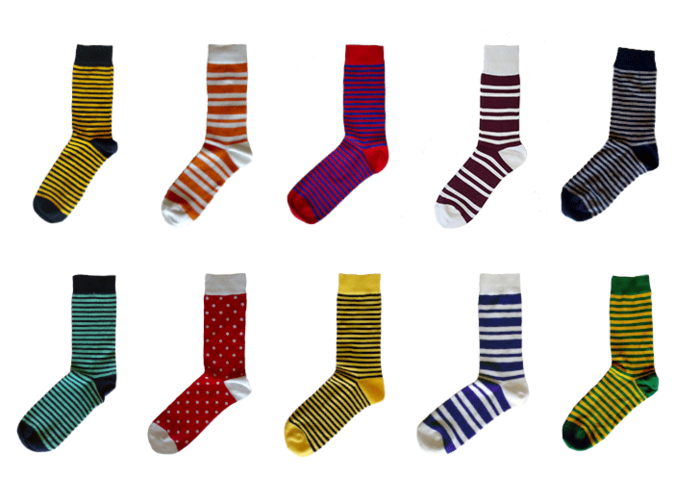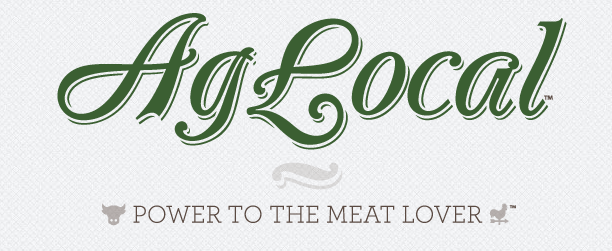 Kansas City-based Sock 101 has had a big first year.
Kansas City-based Sock 101 has had a big first year.
They figured out how to make professional, high quality $7 socks, launched as a side project, completed a Kickstarter campaign, and finished a huge holiday season. With a big 2013 behind them, they are looking grow even more during 2014.
The company already had a sock of the month club, but with new designs and colors, they’re ready to expand the offering. For $9/month (which includes shipping) customers get a pair socks delivered to their door. Each design will be appropriate to the month: Mardi Gras in February, green in March, Christmas-y in December, etc.
Sock 101 isn’t the only sock of the month club. Sock Club offers a similar service, but at a $12 price point.
Sock 101 cofounder Jason Grills sees two big differentiators besides price, though:
- Sock 101 manufactures their own socks instead of sourcing them from other manufacturers. This is important because it lets the company fully control the sock quality.
- While the Sock Club has some fun styles, Sock 101 focuses on being fun, but professional. These are socks you can wear to the office. “Socks are the new tie,” Grills told me over the phone.
Besides their sock of the month club, though, Sock 101 is also focusing on growing through corporate clients. It turns out, having matching socks is a thing. Local organizations like the Kansas City Convention and Visitors Bureau placed a huge order and sells the socks to tourists as well as wearing them to work. National startups like Influence & Co also joined in the fun, ordering matching socks for the whole team.
Grills told me they were also in talks with several multi-million dollar national corporations, but he wouldn’t disclose their names just yet.
The thing thing that has surprise Grills the most is the enthusiasm customers have, the excitement they display over their socks. He says the company regularly gets pictures of customers and their socks posted to Facebook, Twitter, and Instagram.
“It’s a fun company,” Grills said. “We’re not creating a new technology that’s going to change the world, but we’re bringing smiles to people’s faces.”







